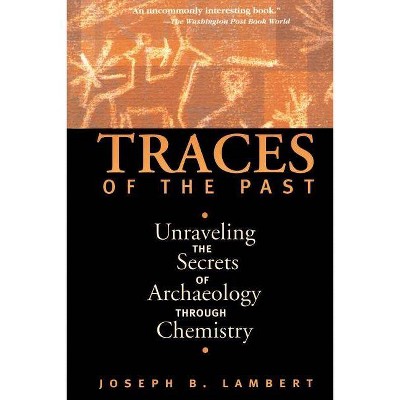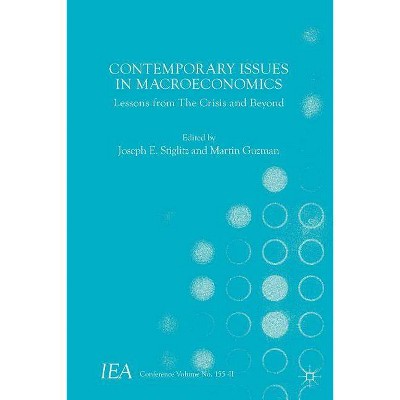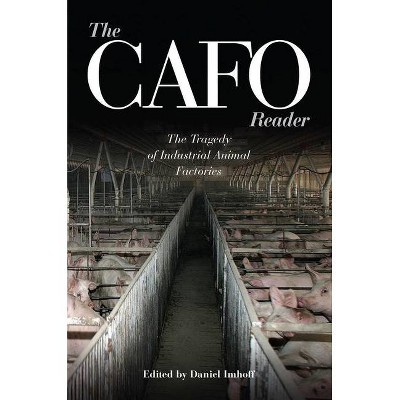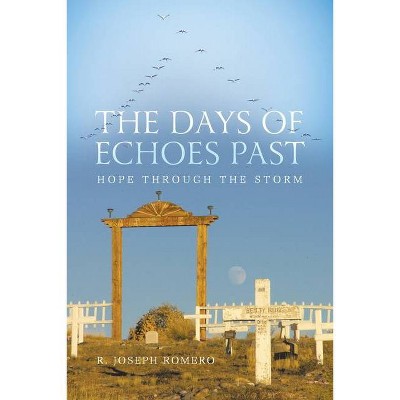Traces of the Past - (Contemporary Issues in Museum Cultures (Paperback)) by Joseph B Lambert (Paperback)

Similar Products
Products of same category from the store
AllProduct info
<p/><br></br><p><b> About the Book </b></p></br></br>Where did Stonehenge's giant bluestones come from? Was the fall of the Roman Empire hastened by lead poisoning? How did amber get from the Baltic to Belize? In exploring these and other historical enigmas, Joseph Lambert provides rich insights into ancient life from a chemical perspective. Lambert documents how early humans were more than tool-makers. They also were molecular transformers. Full-color photos.<p/><br></br><p><b> Book Synopsis </b></p></br></br>Where Stonehenge's giant bluestones come from? Was the fall of the Roman Empire hastened by lead poisoning? How did amber get from the Baltic to Belize? In exploring these and other historical enigmas, Joseph Lambert expertly details the rich insights into ancient life that chemistry alone can provide. Using cutting-edge scientific methods such as radiocarbon dating, DNA analysis, and elemental fingerprinting, acclaimed chemist Joseph Lambert expertly details the rich insights into ancient life that chemistry alone can provide. He shows, for example, how investigators today can determine the diet of prehistoric Europeans, the geographical origin of the marble in a Greek statue, or the reason why the Liberty Bell cracked. He uses nuclear magnetic resonance spectroscopy to reconstruct ancient trade routes, and X-ray diffraction, among other methods, to compare the color palettes of the Mesopotamians and Egyptians (the latter were apparently much more flamboyant). He explains how chemical analysis of DNA can be used to sort out human lineages and migratory patterns-demographic trends that affected, in turn, everything from language to the spread of disease. Chemistry takes center stage in this fascinating book, proving that it is not just an analyst of culture, it stands as one of its primary creators. Lambert offers us a unique glimpse into a form of technical progress hitherto unappreciated: the ever-increasing ingenuity of the Human race, as seen through the prism of its evolving chemical sophistication. We discover how primitive chemistry was initially used by ancient people as a tool to improve their daily lives, a feat that was achieved by reworking molecules of clay into pottery and minerals into metal alloys, and by turning grains into beer and pitch into sealants. By documenting the way ancient people manipulated their environment chemically, Lambert further refines the distinguishing feature of our species. Early humans were more than tool-makers. They were molecular transformers.<p/><br></br><p><b> About the Author </b></p></br></br><b>Joseph B. Lambert</b> is Clare Hamilton Hall Professor of Chemistry at Northwestern University. He is a pioneer in organosilicon chemistry, and has won many national awards, including the James Flack Norris Award for Outstanding Achievement in the Teaching of Chemistry. He has published over 300 articles and many leading textbooks in the field of chemistry.
Price History
Price Archive shows prices from various stores, lets you see history and find the cheapest. There is no actual sale on the website. For all support, inquiry and suggestion messages communication@pricearchive.us




















